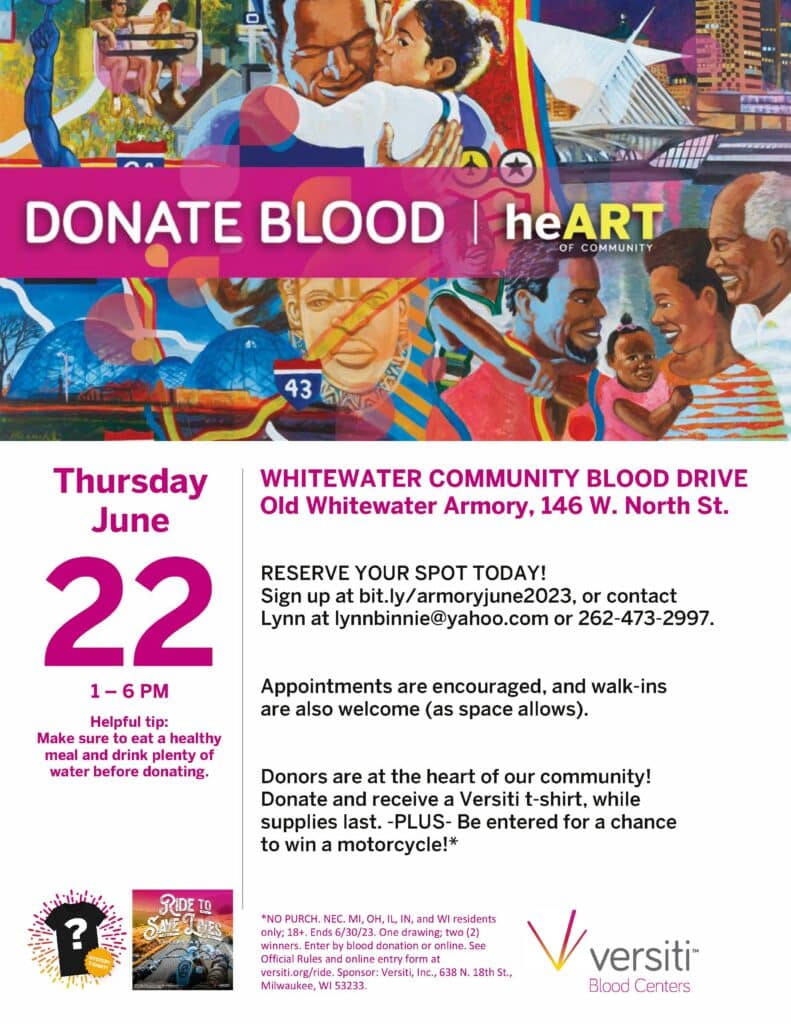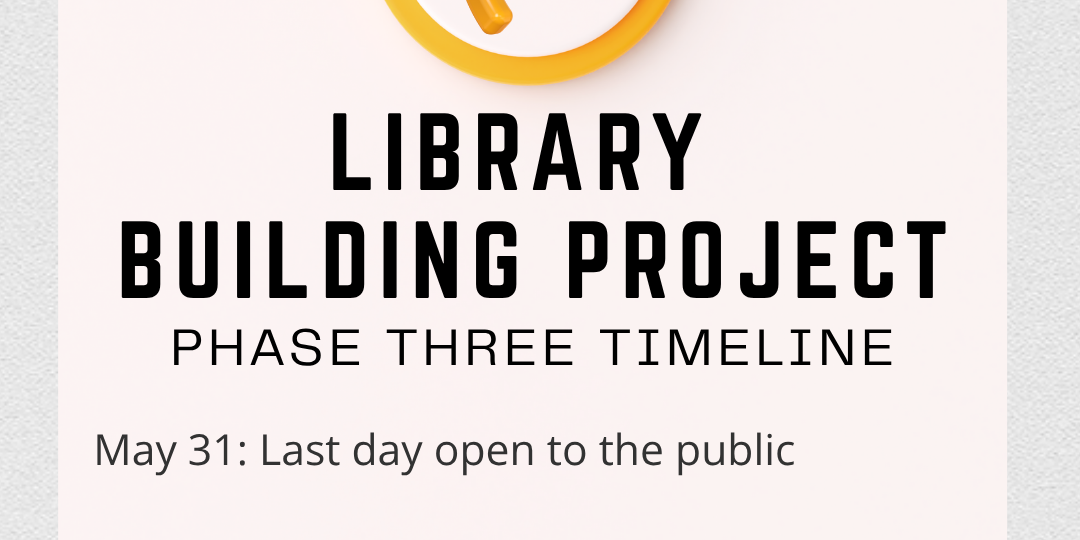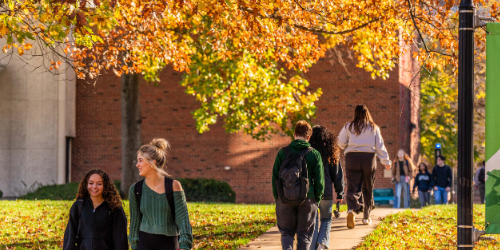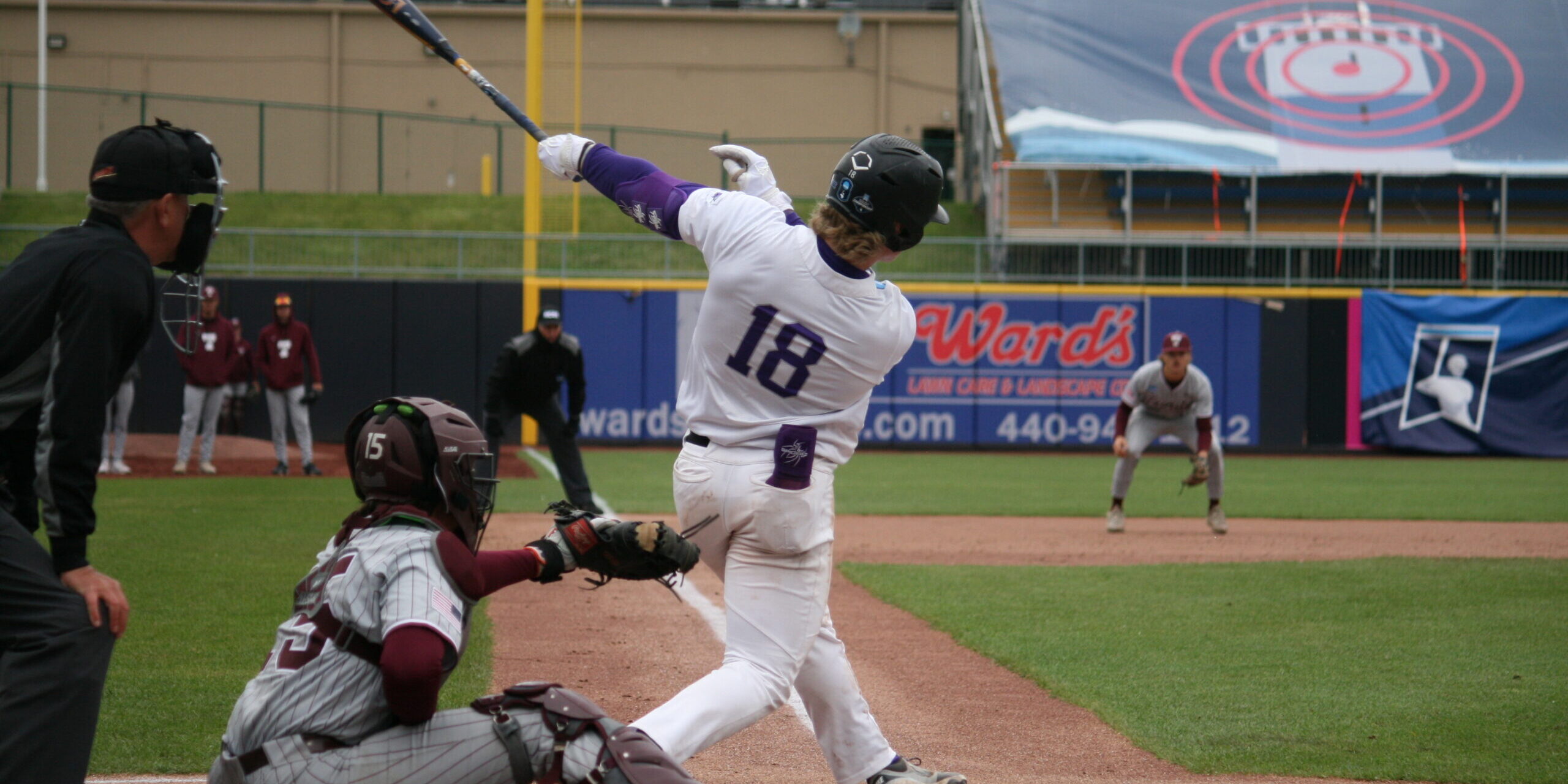
Wisconsin Blood Supply Critically Low, Versiti Issues Emergency Appeal for Blood Donations
Versiti Blood Center of Wisconsin has issued an emergency appeal for blood donations, pleading with community members to make an appointment to donate blood in the coming days. Heading into the summer months, Versiti has seen a drastic drop in scheduled appointments.
“25 percent of our blood collections come from our high school and college partners, meaning that when it’s summer vacation, those community blood drives are not happening,” said Dr. Alcinda Flowers, associate medical director at Versiti. “And while we anticipate this dip every year, we are also seeing fewer first-time donors walking through our doors, which is adding to an already dangerous situation.”
Versiti estimates that around 20 percent of its donors are first-time donors; unfortunately, more than 50
percent of those donors only donate once. With an aging donor base and increased need, first-time blood
donors are desperately needed.
“Our loyal donors continue to hear our pleas and roll up their sleeves, for which we are extremely grateful,” added Dr. Flowers. “However, if every eligible donor could pledge to donate at least twice by the end of the year and encourage a friend or family member to give blood donation a try as well, the impact on the local blood supply would be significant.”
While Versiti strives for a three-day supply of available blood for local hospitals, as of June 6 the organization had less than a one-day supply on the shelves. Not only does this potentially put people’s lives at risk, but it limits the ability to respond to the need for blood should the unexpected occur.
What to know about blood donation




All blood types are needed, with types O-positive and O-negative most in demand. O-positive is the most
common blood type, while O-negative blood is the universal type that can be received safely by all patients in emergencies when the blood type is unknown.
Donating blood takes about an hour. Anyone age 17 or older in good health who meets eligibility
requirements is encouraged to give. Parental consent is required for donors age 16 to donate blood. Donors
should bring a photo ID that includes their birth date.
About Versiti
Versiti is a world-class blood health organization with locations across the Midwest. Headquartered in
Milwaukee, Versiti was formed with a mission of service to improve patient outcomes, advance the field of personalized medicine and strengthen the health of communities everywhere. We are deeply rooted in the communities we serve, providing innovative, value-added solutions in the fields of transfusion medicine, transplantation, and blood-related diseases. From research and diagnostic testing to the sharing of lifesaving gifts through blood, organ and tissue donation, the collective efforts across Versiti result in improved patient outcomes and expanded access to care, advancing the field of personalized medicine. For more information, visit Versiti.org





















